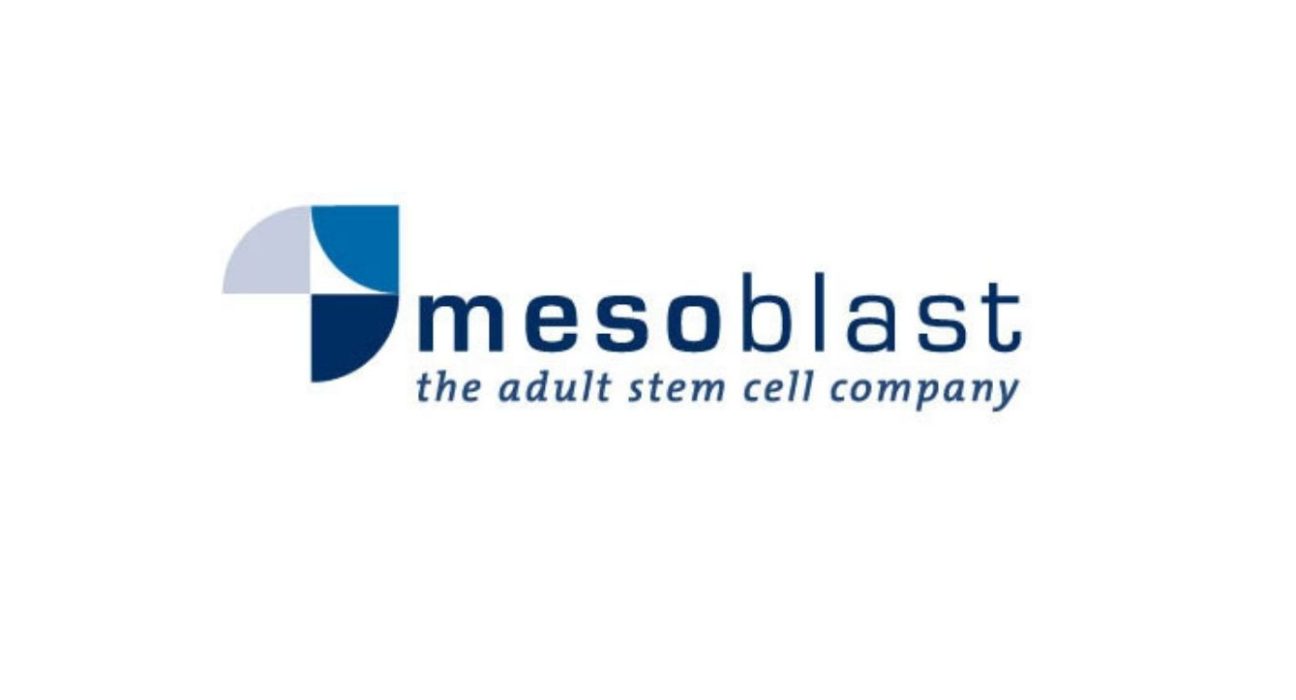Introduction
Mesoblast Ltd (ASX:MSB) is a biotech company that develops and commercializes innovative allogeneic cellular medicines to treat serious and life-threatening diseases with significant, unmet medical needs. The company is using its proprietary mesenchymal lineage cell technology platform to create products that modulate immune responses and promote tissue repair. In this article, we will review the company’s history, products, technology, and recent performance.
History
Mesoblast Ltd was founded in 2004 by Professor Silviu Itescu, a leading expert in stem cell biology and immunology. The company’s vision is to become the world leader in novel therapeutic approaches for patients with bone and joint diseases, including adult stem cell therapy for bone fractures and spinal disease, and for regeneration of damaged joint cartilage and intervertebral discs.
The company has grown rapidly since its inception, acquiring several companies and technologies along the way. In 2010, Mesoblast Ltd acquired Angioblast Systems Inc., a US-based company that developed a proprietary platform for cardiovascular and vascular diseases. In 2013, Mesoblast Ltd acquired Osiris Therapeutics Inc.’s culture-expanded mesenchymal stem cell (ceMSC) business, including Prochymal, the first stem cell product approved by regulatory agencies in Canada and New Zealand for the treatment of acute graft versus host disease (GVHD) in children. In 2018, Mesoblast Ltd entered into a strategic partnership with Tasly Pharmaceutical Group, a leading Chinese pharmaceutical company, to develop and commercialize its products in China.
Mesoblast Ltd is listed on the Australian Securities Exchange (MSB) and on the Nasdaq (MESO). The company has locations in Australia, the United States and Singapore.
Products
Mesoblast Ltd has a portfolio of Phase 3 product candidates that are based on its proprietary mesenchymal lineage cell technology platform. These product candidates are:
– Remestemcel-L: A ceMSC product that is being developed for the treatment of steroid-refractory acute GVHD (SR-aGVHD) in children and moderate to severe acute respiratory distress syndrome (ARDS) due to COVID-19 infection. Remestemcel-L has received Fast Track designation from the US Food and Drug Administration (FDA) for both indications and Orphan Drug designation for SR-aGVHD. The product is marketed under the brand name RYONCIL in Australia, where it was approved in September 2020 as the first treatment for children with SR-aGVHD.
– REVASCOR®: A mesenchymal precursor cell (MPC) product that is being developed for the treatment of advanced chronic heart failure. REVASCOR® has received Fast Track designation from the FDA and Orphan Drug designation from the European Medicines Agency (EMA) for this indication. The product is currently in a Phase 3 trial that is expected to complete enrollment in 2021.
– MPC-06-ID: An MPC product that is being developed for the treatment of chronic low back pain due to degenerative disc disease. MPC-06-ID has received Fast Track designation from the FDA for this indication. The product is currently in a Phase 3 trial that is expected to report results in 2021.
The company also has a promising emerging pipeline and next generation technologies that are based on its mesenchymal lineage cell platform or other cell types.
Technology
Mesoblast Ltd’s novel allogeneic product candidates are based on rare (approximately 1:100,000 in bone marrow) mesenchymal lineage cells that respond to tissue damage, secreting mediators that promote tissue repair and modulate immune responses. These cells are collected from the bone marrow of healthy adult donors and proprietary processes are utilized to expand them to a uniform, well characterized, and highly reproducible cell population. This enables manufacturing at industrial scale for commercial purposes.
Another key feature of Mesoblast Ltd’s cells is they can be administered to patients without the need for donor–recipient matching or recipient immune suppression. This reduces the risk of rejection or adverse reactions and increases the accessibility and convenience of the treatments.










